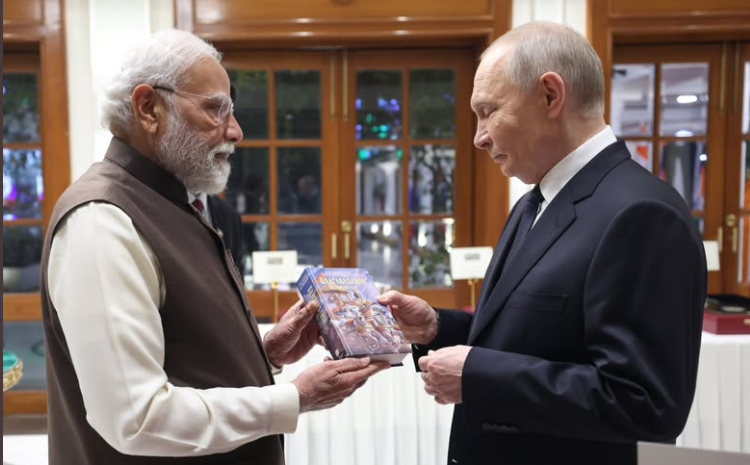Rise of Indian Soft power Diplomacy
- InduQin
- Mar 10, 2023
- 3 min read

India is a civilizational nation that embraces extraordinary profusion of ethnic groups, mutually incomprehensible languages, religions and cultural practices, topography and climate, and levels of economic development. To rely entirely on indices of GDP, impressive growth rates, and the undoubted skills and entrepreneurial initiative along with strategic thinking, economic interests, and geopolitical affinities may not always lead to a holistic outcome for a nation of being influential among the comity of nations. India must determine where its strengths lie as it seeks to make the 21st century its own. India has always been a country with tremendous ‘soft power.’ Unlike the rise of China, its ‘rise’ is not being viewed with trepidation and alarm in many countries. The substantial inherent value of soft power has also been highlighted by Shashi Tharoor in his ‘guns versus ghee’ debate, which involves the case for expenditure on defense against spending on the development of the power of attraction for India as a heritage nation.
There has been a debate since globalization subsumed the entire globe under its fold. The compression of time and space also led to what is said as ‘coca-colonization.’ The American hegemony in global citizens’ ideas, values, culture, lifestyle, and behavior as the idea of being modern encircled the entire globe. For Nye, the U.S. was the archetypal exponent of soft power, home to Boeing, Intel, Ford, the iPod, the iPhone, Microsoft, MTV, Hollywood and Disneyland, McDonald’s, Starbucks, and most of the significant products that dominate daily life, globally. The attractiveness of these assets and emblems of the American lifestyle is that they permit the U.S. to maximize its soft power and enhance its ability to attract and persuade others to adopt the American agenda.
India can take products of Indian society and culture that the world would find attractive to enhance our country’s intangible standing. This means giving attention, encouragement, and active support to the soft power aspects of Indian society. India’s experience with western consumer products conclusively depicts that we can drink Coca-Cola without becoming coca-colonized. Our popular culture has proved resilient enough to compete successfully with MTV and McDonald’s. There will always be more masala dosas sold than Big Macs. For millennia, the strength of Indianness has lain in our country’s ability to absorb foreign influences. It has transformed them by a peculiar Indian alchemy into something that belongs naturally on the soil of India.
Background
The outreach of Indian soft power diplomacy can be witnessed in the history of Indian culture. Angkor Vat was one of the most splendid Hindu temples ever built anywhere in the world, including India. To walk past its exquisite sculptures, recounting tales from the Ramayana and the Mahabharata. The symbols protecting the shrine, the Naga, the Simha, and the Garuda, correspond to today’s navy, army, and air force, and marvel at the epic scale of the Hindu temple as impressive as the finest cathedral or mosque anywhere in the world.
The merchants and travelers from the Indic civilization brought Hinduism to Cambodia more than a millennium ago. It was later supplanted by Buddhism, which was also an Indian export. It nonetheless profoundly influenced Cambodian people’s culture, music, dance, and mythology.
The impact of these travelers and preachers was so profound that, to this day, the kings of Thailand are only crowned in the presence of Brahmin priests. Interestingly, the Muslims of Java still sport Sanskritic names despite their conversion to Islam, a faith whose adherence typically bears names originating in Arabia. Similarly, Indonesia’s national airline is Garuda, and Ramayana is its best-selling brand of clove cigars. Even the Philippines have produced a pop dance ballet about Rama’s quest for his kidnapped queen. Yet, India is far less important to the countries that still bear the stamp of Indic influence. China, on the other hand, whose significance is contemporary rather than civilizational, also seems to be a strong contender.
Read More at https://www.financialexpress.com/defence/rise-of-indian-soft-power-diplomacy/2998900/







Comments